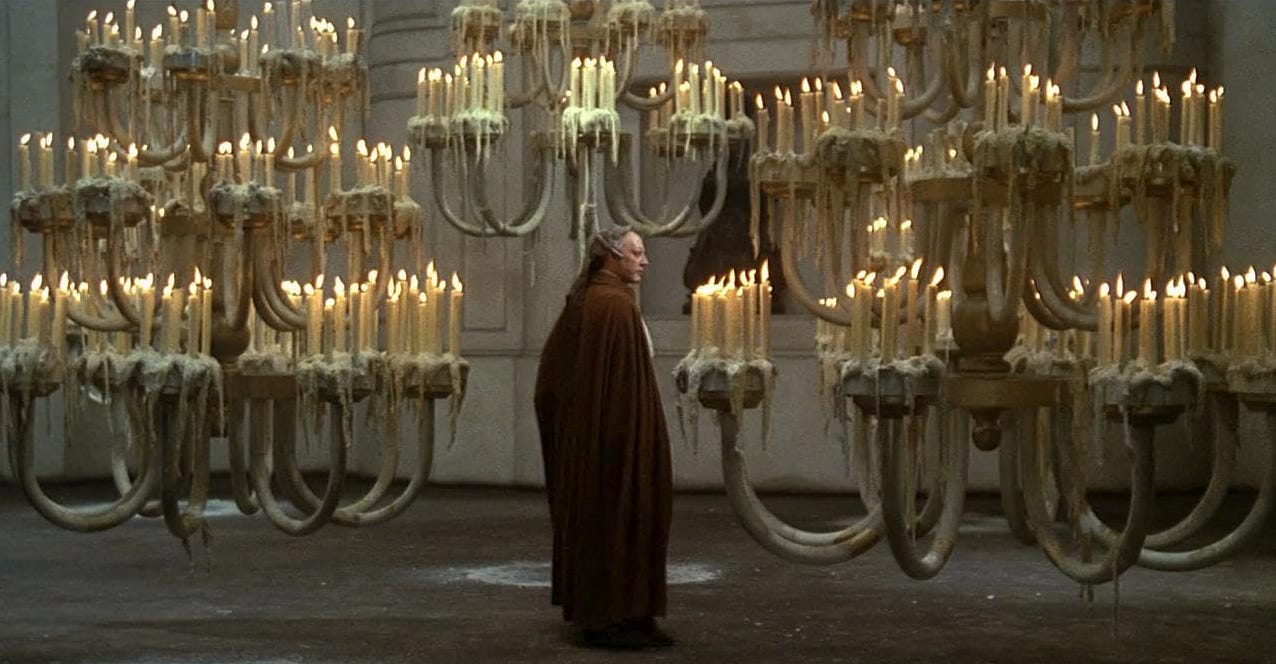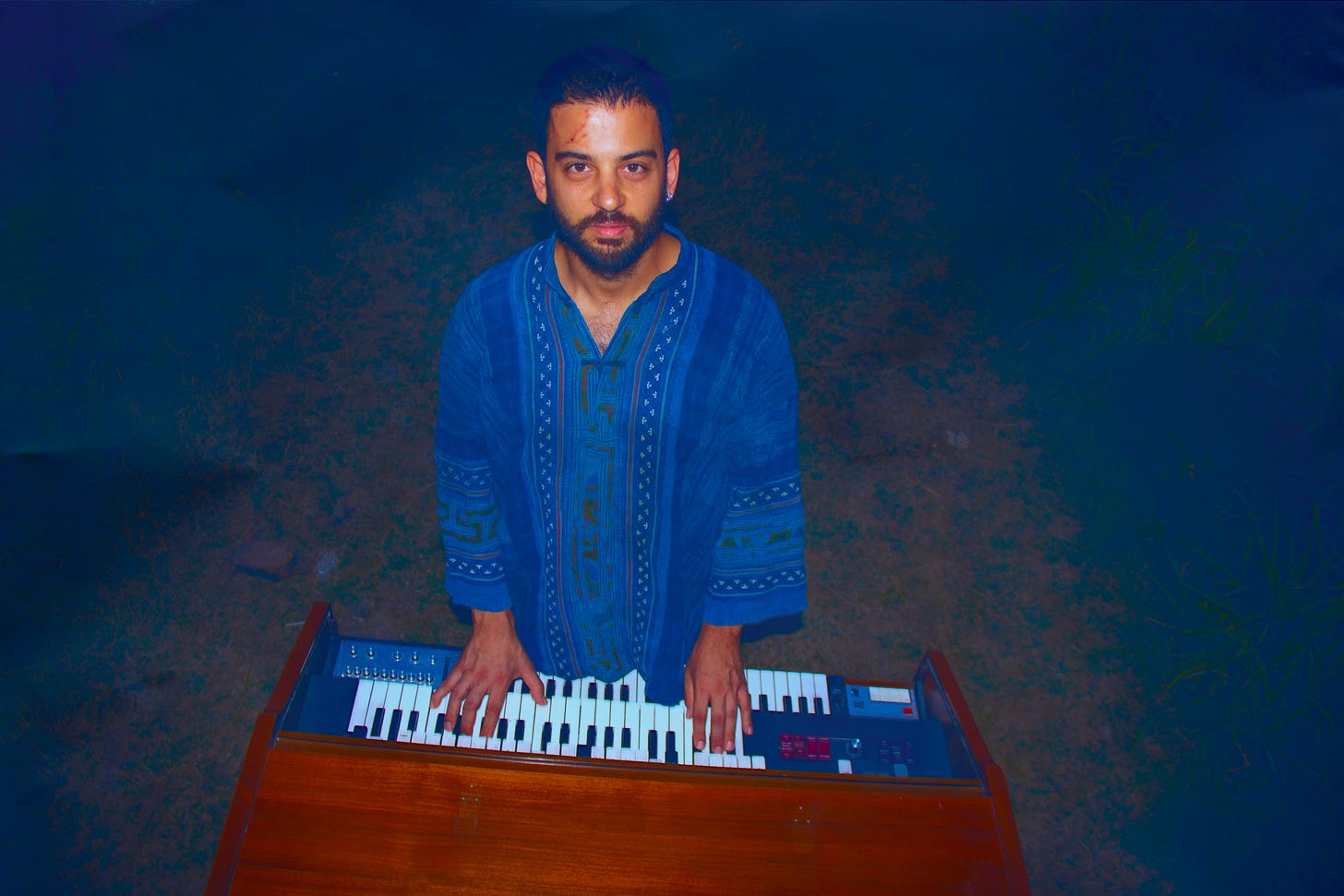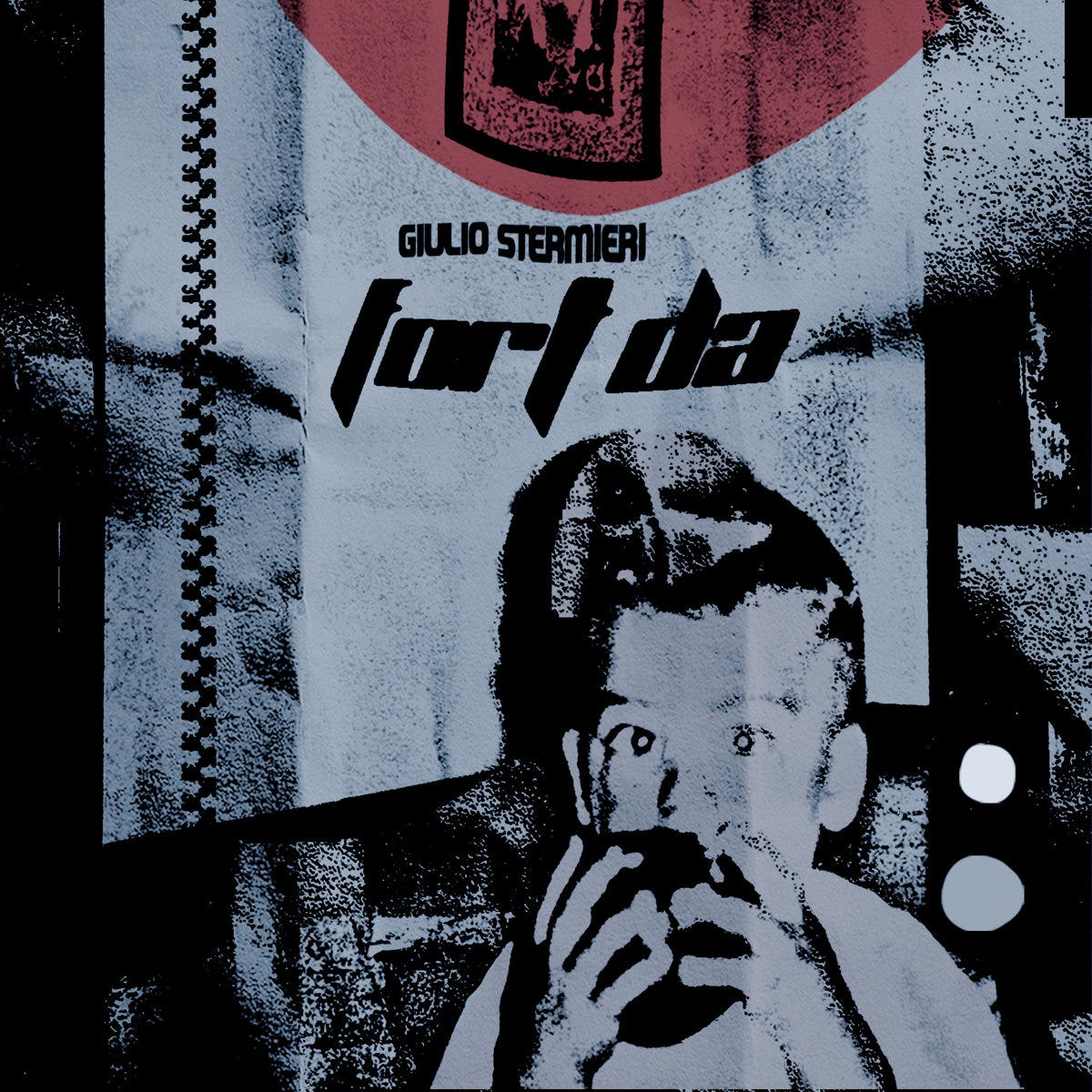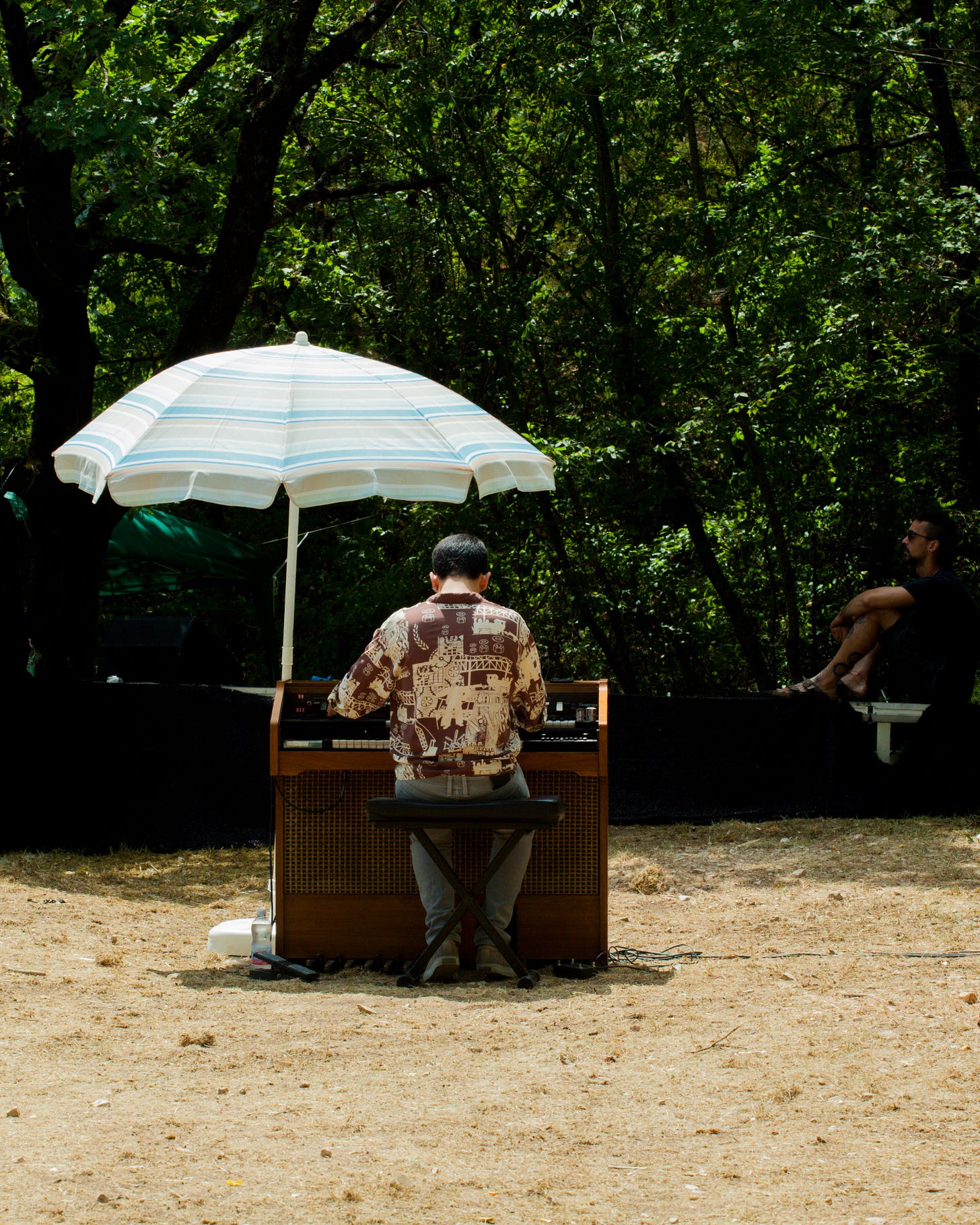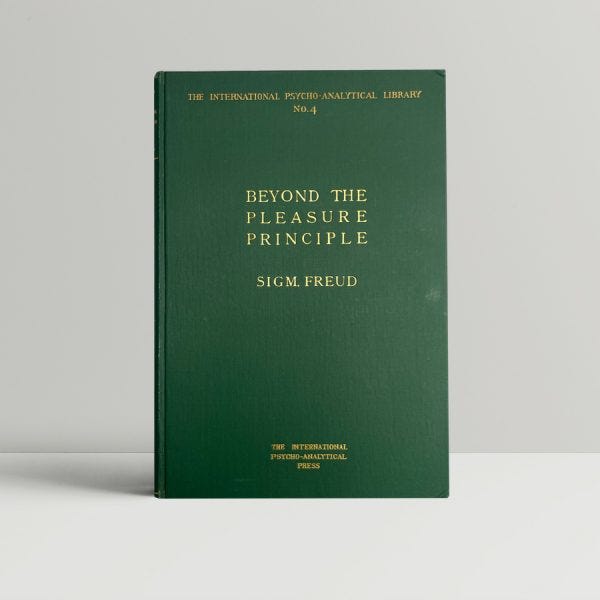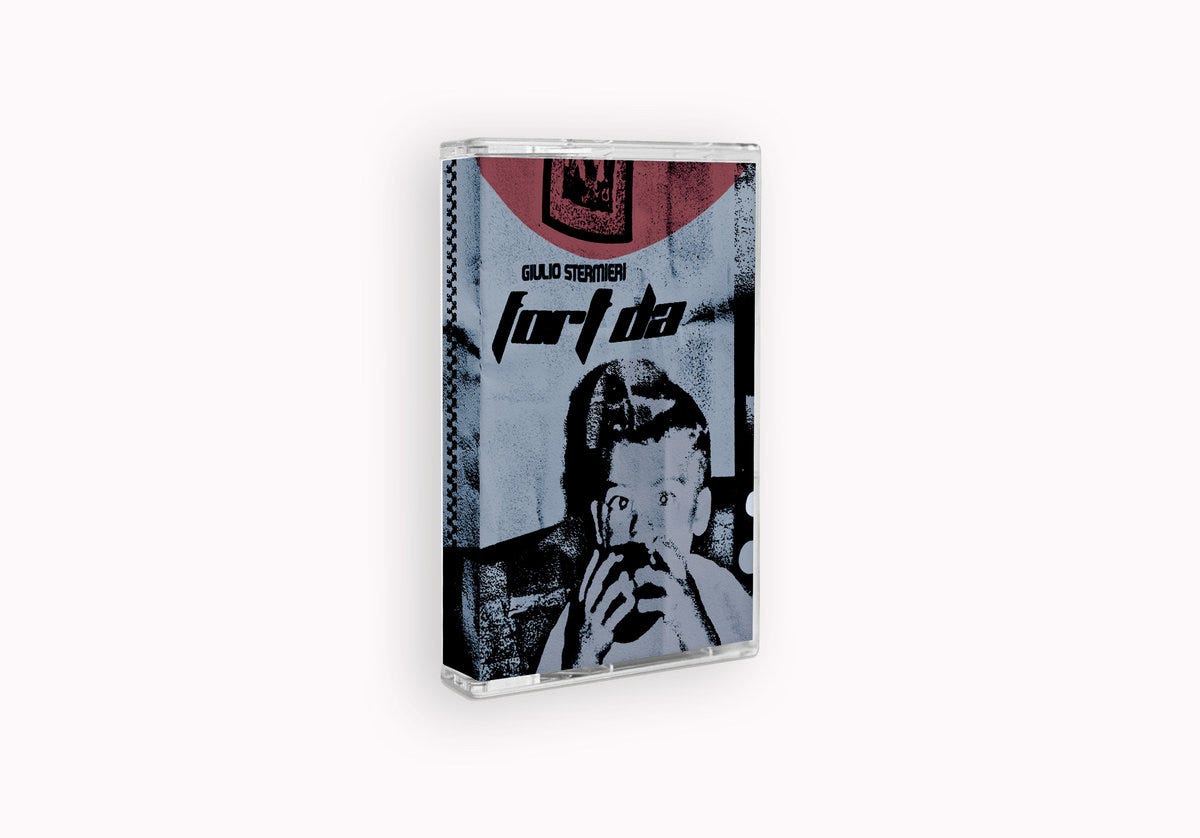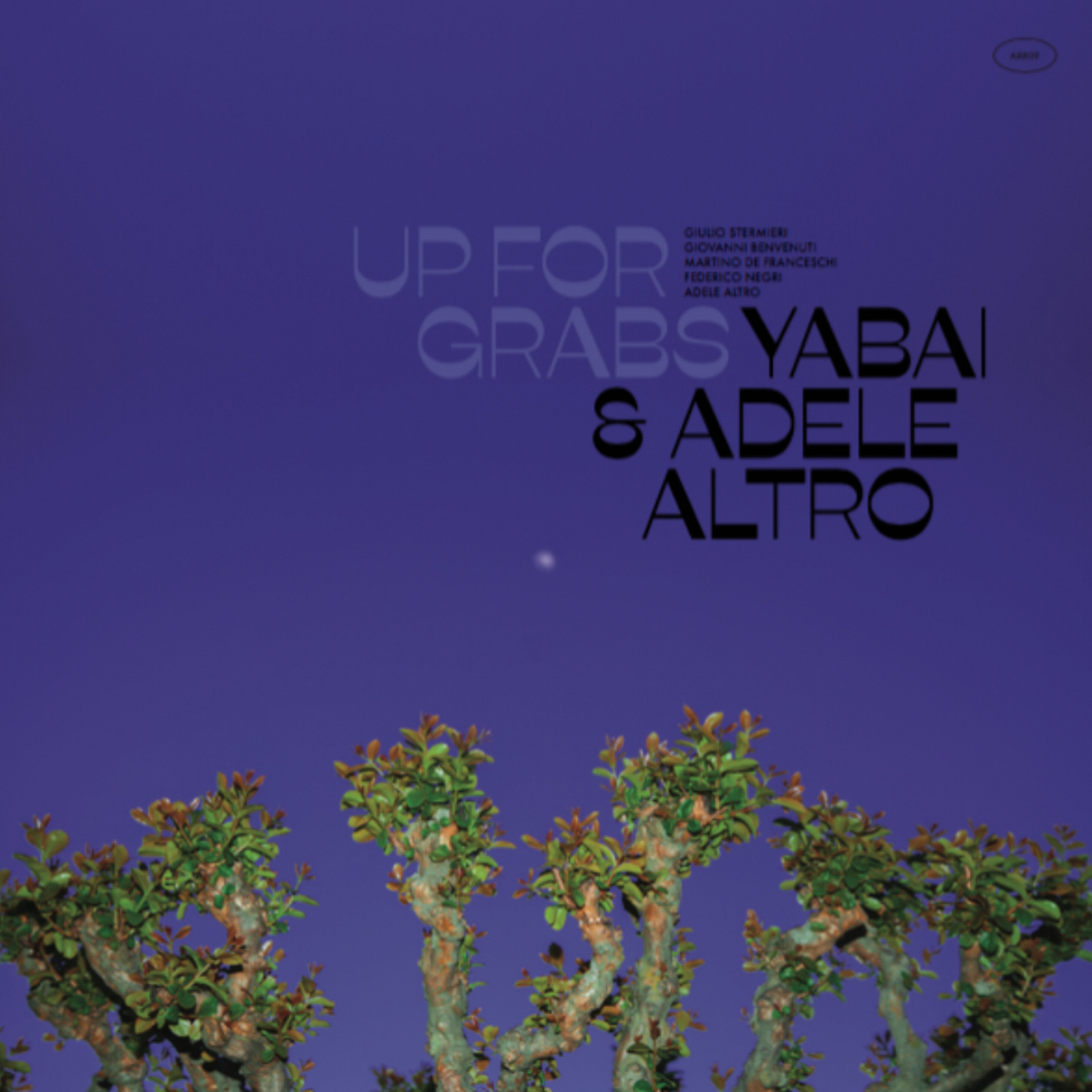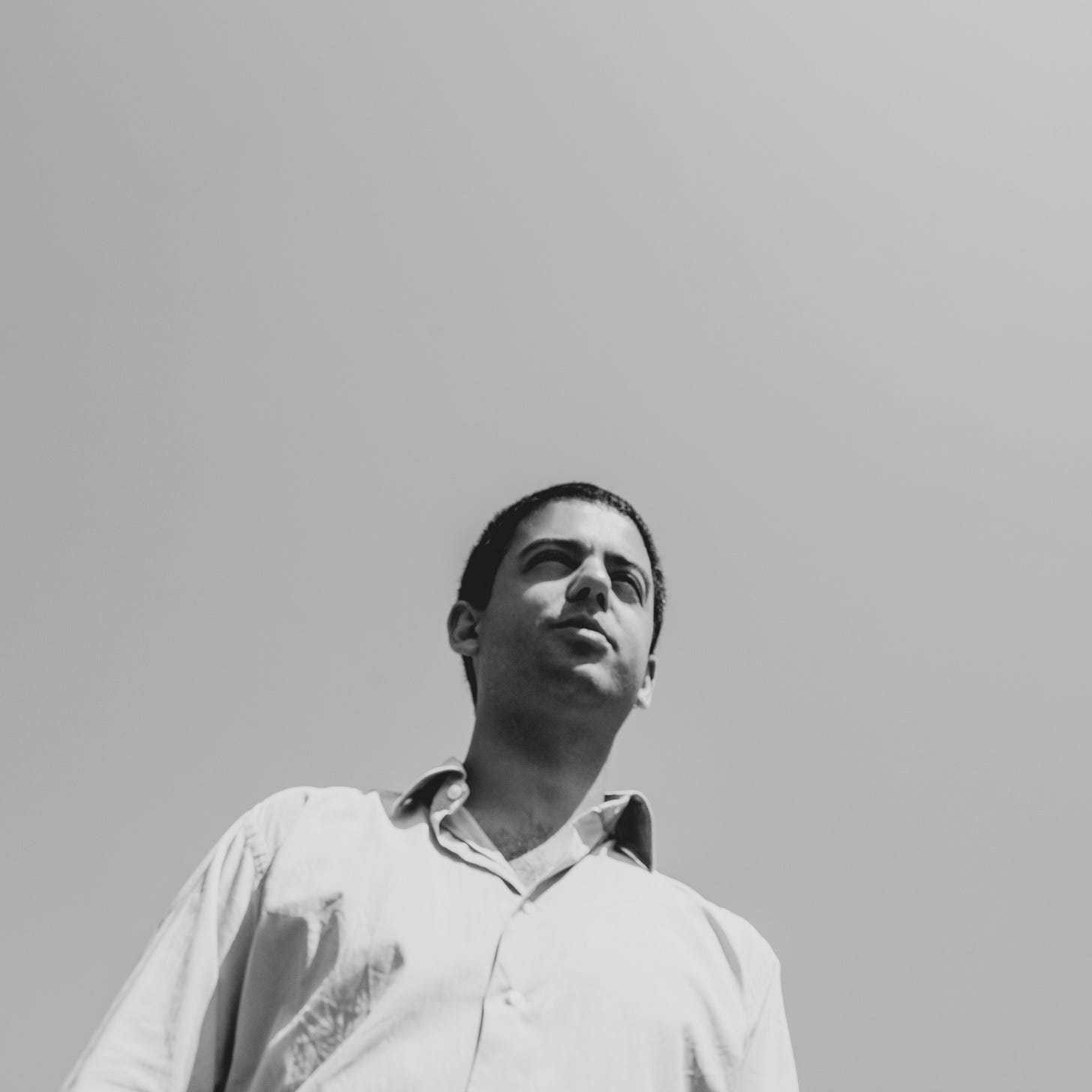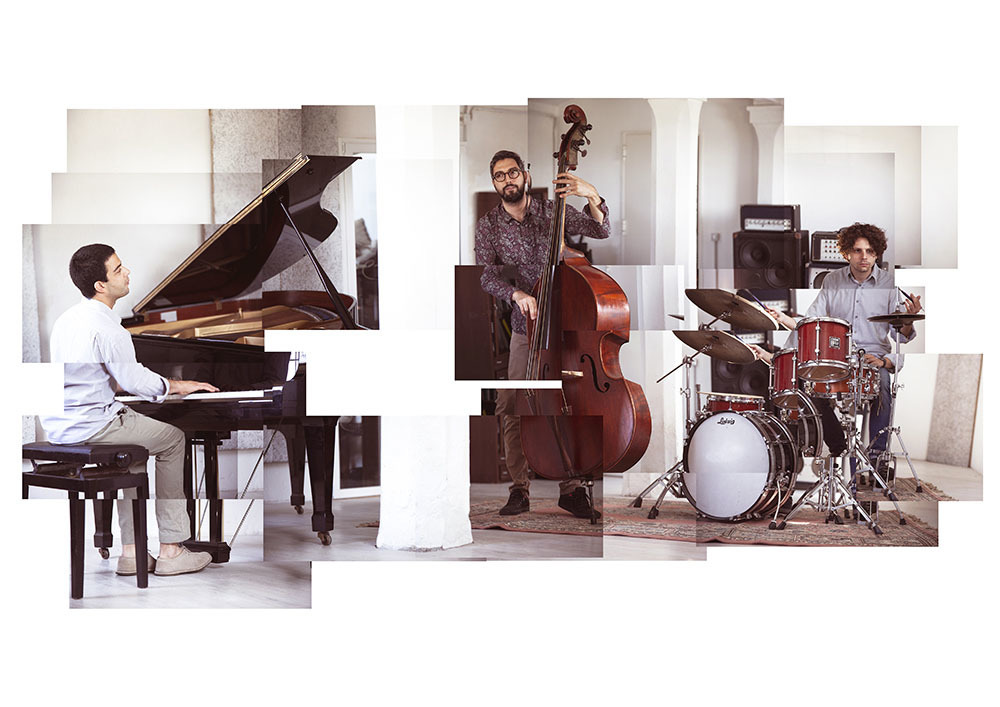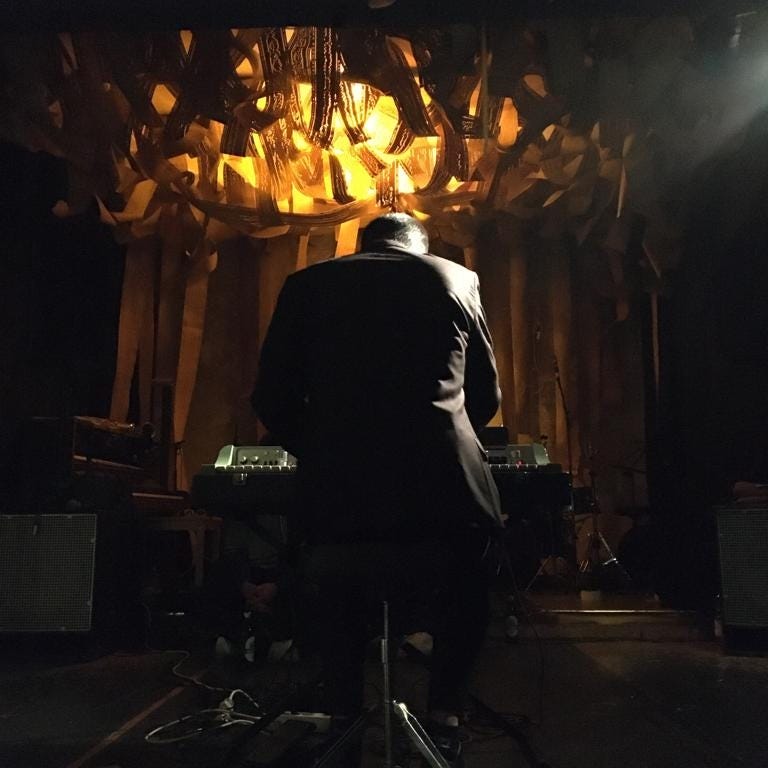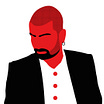“Fort Da” - Navigating musical dimensions, between primitive techno and abstract jazz
An encounter with composer Giulio Stermieri and his unique musical approach
Italy has a vibrant cultural and musical panorama.
The intertwining of historical, cinematic, and various musical influences and the cultural significance attached to music have collectively contributed to Italy's experimental music scenes.
The country also has a violent, obscure, and esoteric folklore, which has influenced the creation of a unique music subgenre.
This is known as Italian Occult Psychedelia (IOP), characterised by obscure atmospheres, post-punk, psychedelia, Italian progressive rock, library music, and Mediterranean vibes.
It also explores further, from Krautrock to Italian B-movie soundtracks, from drones to analogue electronics, from lysergic folk to free jazz, making it a rich blend of various musical styles.
Maple Death Records has recently explored a contemporary extension of this dense psychedelic culture, releasing records and promoting artists creating fascinating sounds and concepts.
Giulio Stermieri is undoubtedly one of them.
Based in the small town of Saliceto Buzzalino, he’s a pianist, keyboardist, and composer whose musical narrative is an exquisite blend of Afro-American piano traditions, vintage keys enthusiasm, and an adventurous drive towards 'sampledelia'.
With his solo album 'Fort Da', set to release today, 20th of October 2023, Giulio invites listeners into an ethereal sound journey, mingling ascetic minimalism, polyrhythmic trance, and ecstatic tension, marking his first nuanced, ultra-hypnotic solo outing.
Giulio kindly answers some questions for Cosmic Lazers, telling us more about his work, influences and upcoming projects:
Your musical journey is deeply rooted in the Afro-American piano tradition while exploring electronic sounds. Can you share how these diverse elements shape your music?
Giulio: Through my academic years in the jazz field I found more and more meaningful to me the idea of polyryhthm, the desire to create structures by layers of different pulses, to get “strange loops”. On the other hand, my experience with electronic music showed me the importance to tell a story with sounds. These different approaches make me search for a musical expression that honours every elements involved, so that any of them might be an access point for the listener.
Your music often explores the possible determinations of material on form, chasing the utopia of instantaneous composition.
How do you navigate this complex terrain in your creative process?
Giulio: Besides rhythm, jazz for me has always been connected with improvisation. What inspires me the most is the challenge to feel free while creating something coherent in the moment, to share the development of a sonic narration in real time with the audience. To achieve this goal I usually start from small pieces of material that act as meeting points: I know what happens at point A and what happens at point B, but how to get from A to B? Sometimes I might take the shortest way, sometimes a long detour, so the overall form is left open to whatever comes next.
You have just released your new album 'Fort Da' - its narrative blends many influences and music styles. What inspired this album, and what do you aim to communicate through it?
Giulio: At its very beginning, this album was simply an exploration of a Farfisa organ I was given by a friend of mine that had some fancy perks such as a tape deck, a built-in drum machine and lovely deep bass pedals. In the same period, I was starting to experiment with a sampler and these two instruments just matched. I was also researching relationships between music and trance (as in Rouget's book on the topic, for example), and repetition in its broadest sense came out as the main subject. I wanted to create a trance-like experience to share with the listener, so I started composing from this idea.
Can you share the concept or story behind the album title and how it correlates with the music?
Giulio: “Fort Da” refers to the “game of Fort-Da” as reported by Sigmund Freud in his “Beyond the Pleasure Principle”. He observed his grandson tossing a cotton reel, pulling it back, and enjoying untiringly this process of disappearing and reappearing. As I wrote before, I was working on the idea of repetition in music and looking for its emotional meanings, what makes it so appealing to us, especially when music has a social function. When I bumped into this story I felt the title could evoke enough of the web of references behind the album.
‘Fort Da’ was recorded and mixed at your Studio Buzzalino. How does having a personal recording space affect your creative process?
Giulio: Having “A room of one's own” is simply a privilege. The chance to wake up in the morning and go to the piano in your slippers straight after breakfast makes your relationship with the instrument an integral part of your daily life. I also believe it helps a lot not to think of it as 'work', so to let the creative process be part of a human dimension instead of a professional one. Especially for the first tracks I wrote, “Crepuscular Moths” and “Wide Plain, Desolate Place”, when I still had to find my pace with this production, I felt like I was a painter who could come back to his draft in the studio, give a couple of brushstrokes and maybe come back later to see the results with fresh eyes.
You've mentioned exploring the relationship with words through writing and sampling in your album "Up for grabs". Can you tell us more about this exploration?
Giulio: “Up for Grabs” is my latest album with Yabai & Adele Altro and it's my first take since my high school band in songwriting. I listen to a lot of songs, from different traditions, so a couple of years ago I felt the time was right to try and write both music and lyrics. The form was also a concern, of course. So I explored different ways to place the words in the musical flow, looking for the proper function for them in every composition. Luckily enough, Adele is a marvelous songwriter; beside writing the lyrics for the three spoken-word skits in the album, she carved out the ones I wrote, to best fit the melody lines and her interpretation.
Having collaborated with directors and choreographers, how do these interdisciplinary collaborations enrich your music?
Giulio: Theater and dance made me rethink quite a lot my conception of performance, especially as I learned it in the jazz field. Body and space are usually outside our scope when we prepare for our gigs and that's a big lack of awareness. As a listener/watcher I do appreciate when music is connected with all the elements involved in the staging of a work, when everything concurs towards the same aim. Besides, it's nurturing to dialogue with artists that work with different languages; sometimes you see them adopt formal solutions, natural to their practices, that can be translated in the musical discourse with surprising results.
Your official website mentions your curiosity towards new hermeneutic horizons opened by verbal language. How does this curiosity manifest in your music?
Giulio: Before “Up for Grabs” I got used to writing only instrumental music. The only presence of natural language consisted in the few words of the title, that could suggest ways to transliterate something otherwise abstract. Music has a meaning of its own, and that is very important for me, to “stop making sense”. But I also think that verbal language can connect with other sides of ourselves, so why not involve them into the communication process. It might be a sample, field recordings, synthesized voice or simply lyrics to a melody, but I find myself more and more into the idea of conveying a fuller and more direct message.
You’ve worked on live soundtracking, particularly with the collective Effetto Brama since 2020. What unique challenges and rewards come with this form of musical expression?
Giulio: As Laura (Agnusdei) says, it's the chance to perform and be part of the audience at the same time. In Effetto Brama, we endeavor an approach to live scoring rooted in improvisation. We write and rehearse material for each production of ours, but we want to be able to respond to every screening with the new suggestions that come from the repeated views of a movie. It is also the opportunity to keep on experiencing Chion's audio-vision paradigm, to test every time how visual inputs affect music and vice versa.
You have various music projects - from the jazz-rock band Aparticle to the electronic music duo Catopter. How do these group dynamics influence your solo projects?
Giulio: I am used to a jazz approach so I write some scores and then work them out with my fellow musicians. To achieve the best results this way, you usually know how your mates sound and improvise and write accordingly, so they're not simply performers but co-creators of the music you want to share with them. For my solo project I simply tried not to do so. I focused on the timbres and forms I needed to hear and followed them until I felt the tracks were done. These two different methods are somehow mixed now when I perform Fort Da in trio, with Luca Dalpozzo on bass and Federico Negri on drums. I gave them both scores and the recorded material, so they could sense directly how I meant things to sound and then use their unique voices to get there.
You’re also involved in the collective Impulse Response with Laura Agnusdei - do you plan to continue with this great experience?
Giulio: We do! At the moment we are taking a break with the 'secret concert' formula, simply because we see it's no longer appealing for our audience as it was a couple of years ago when we started. We keep on with our monthly programme on Fango Radio, we support Grabinski Point activities in Bologna and we still have some past concerts of our series to be released with Impulse Response Records. More to come!
You have a particular affinity for vintage keys and other instruments. How do you think technology and digital platforms are influencing modern musicianship?
Giulio: Well, technology in the musical field means to me the availability of new instruments, each with its own voice that may suggest new ways to organize sounds. From this point of view, what we now call vintage keyboards, being Rhodes piano, analogue synthesizers or whatever, were technology for the past decades. It happened before with the stardisation of acoustic instruments, it happens now with Ableton, for example. In the same way, digital platforms are now what used to be cassettes or Cds: tools to share musical content that informs at the same time the production, the distribution and the fruition of sound works. I do think that in the worst case we simply get used to them. But sometimes, if we analyze their nature and we dialogue through their interfaces especially with their limitations, we might get the chance to bring our music towards new paths.
Can you share some albums or artists currently influencing your work?
Giulio: Commenting on Fort Da, Jonathan Clancy (Maple Death amazing boss) named Egisto Macchi, whom I mostly knew for his participation in the majestic Gruppo di Improvvisazione Nuova Consonanza and whose own production I culpably neglected. He soon became one of my all-time favorites and I am still digging in his discography to catch up. A much more recent album I am particularly fond of is Alexander Hawkins' “Carnival Celestial”, contemporary jazz at its best.
Are there any upcoming collaborations or projects that your listeners should look forward to?
Giulio: I am looking forward to the release of Tristitropici's second EP “Magical Animal”! We have played together since 2019 and found our sweet spot somewhere between post-rock arpeggios, afro-american claves and Pino Daniele (maybe). When we started we were four, two guitars, drums and me on synth bass; now we're three and I contribute with synth, organ, sampler and electric bass. For this album, soon to be released by Italian experimental label Slowth Records, I also had production duties and arranged horns for a couple of tracks, so I'm really curious to see where our music will take us.






